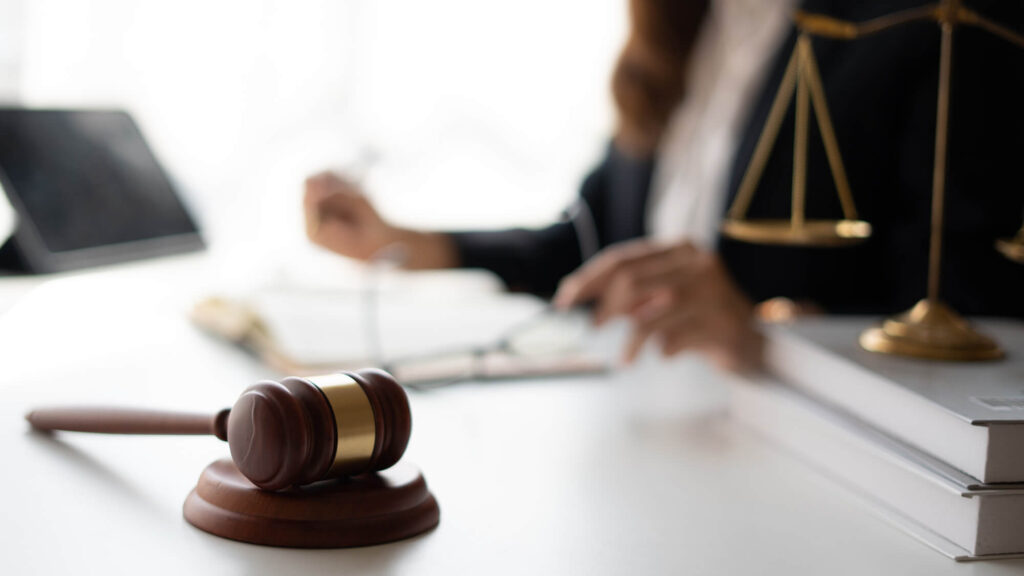Introduction During police interactions, it is essential to be aware of your rights and responsibilities. Police officers cannot demand your name and address without reason, and they must inform you why they need this information. This article outlines when police can ask for your name and address and when you have the right to remain silent. Additionally, we cover situations where police may direct you to leave a public place and what happens if you don’t comply.
Giving Your Name and Address The police can request your name and address if they believe you have committed or are about to commit an offense. For example, if you are under 18 and they suspect you purchased alcohol, they can ask for this information. They may also ask for your name and address if you are driving a vehicle or boat, on public transport property, at a hotel or licensed premises, or have information related to an indictable offense. Always ask for a reason if the police don’t provide one.
Answering Other Questions If police question you as a witness or a suspect, you have the right to remain silent. You don’t have to answer any questions beyond providing your name, unless someone else was using your car or motorbike, in which case you must disclose their name. Anything you say to the police can be used as evidence against you in court.
Being Asked to Move On from a Public Place Police can direct you to leave a public place if they believe you are disrupting the peace, endangering public safety, or causing injury or property damage. They can also ask for your name and address before giving this direction. However, they cannot direct you to move on if you are demonstrating about a political issue or participating in employment strike action.
Consequences of Not Moving On If you are given a direction to move on, you must stay away from that place for up to 24 hours. Refusing to move on or remaining in the area without a reasonable excuse can result in an on-the-spot fine of two penalty units. If the matter proceeds to court, the maximum fine is five penalty units.
Being at or Near a Police Station If you are at or near a police station, police may question your presence and ask for your name and address if they believe you have no legitimate reason to be there or to ensure the station’s peace and security. They can issue a written direction for you to stay away for up to seven days. You must comply with this direction unless you later have a legitimate reason to return.
Accompanying Police to a Police Station You have the right to refuse to go to a police station with the police, except in specific circumstances like a breathalyser or drug test while driving, family violence investigations, or if they believe you are mentally impaired and need to be taken into custody. Always ask why they want you to go and request their name, rank, and the police station where they work.
Making a Statement If you are a suspect, you are not obligated to make a statement. Anything you say in a statement may be used as evidence against you. It is wise to seek legal advice before making any statement. Witnesses cannot be forced to make a statement, but they may receive a subpoena to testify in court if they witnessed a crime.
Signing the Statement If you decide to make a statement, read it carefully before signing. The statement must be truthful. You can change the statement before signing if necessary.
Getting Police Details You have the right to ask police officers for their name, rank, and police station. While they are not required to give these details automatically, they can be fined for refusing to provide them. This information may be useful for future complaints or reports.
Remember, understanding your rights and responsibilities during police interactions is crucial to protecting yourself and ensuring a fair process. If you have any doubts or concerns, seek legal advice promptly.



